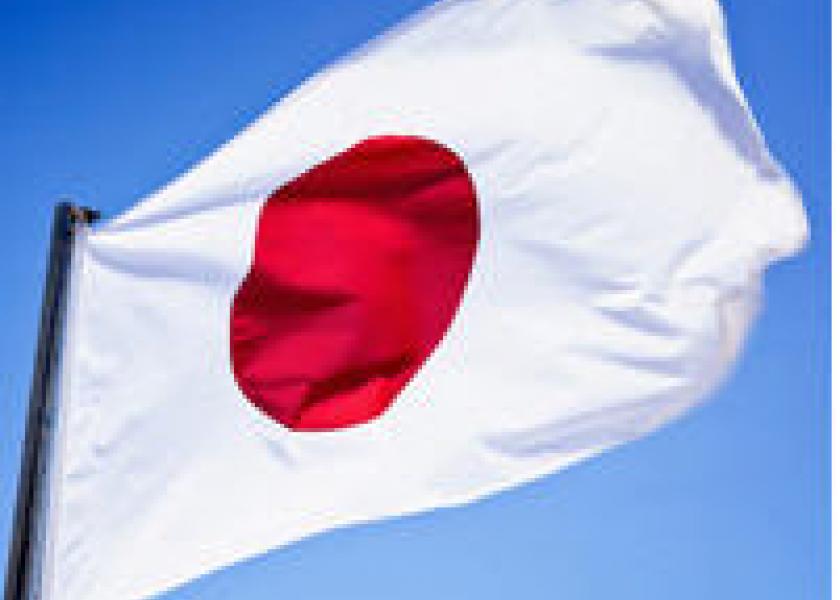Japan’s Farm Minister Has Firm Message on U.S. Rice Imports

Any trade agreement with the U.S. must account for declining Japanese rice consumption and shouldn’t increase the nation’s imports of farm produce significantly, according to Agriculture Minister Yoshimasa Hayashi.
Hayashi spoke in an interview in Tokyo as Economy Minister Akira Amari and Trade Representative Michael Froman held talks in the Japanese capital as they step up efforts to reach a bilateral deal before leaders of the two countries meet in Washington next week.
“We won’t make unnecessary concessions just to make it to various events such as the top-level meeting,” Hayashi, 54, said on Monday. “What matters is content.”
Rice, wheat, barley, beef, pork, dairy products, sugar and starch crops are considered politically sensitive products that have to be protected, according to Hiroshi Oe, Japan’s ambassador to 12-nation Trans-Pacific Partnership talks. Japanese farmers are a central constituency of Prime Minister Shinzo Abe’s Liberal Democratic Party.
“In Japan, the population is aging and falling,” said Hayashi. “Rice consumption will drop in the long-term. We need to negotiate while taking that trend into account.”
The U.S. and Japan are seeking an accord that would only take effect if incorporated into the TPP. Although all the governments must agree, the U.S. and Japan are by far the largest economies involved.
Rice Demand
The U.S. is demanding that Japan increase imports of its rice by 215,000 metric tons, of which 175,000 tons is for table rice and the remainder for food processing, national broadcaster NHK has reported.
Rice consumption in Japan has halved in the past five decades, according to Hayashi. It will fall 1 percent to 7.8 million tons in the year to June 30, the agriculture ministry forecasts.
“Rice farmers are very worried,” about shrinking demand and falling prices, Hayashi said. “Given that, it’s important that we inform the U.S. of this situation as we negotiate.”
Japan bought 360,000 tons from the U.S. last fiscal year, almost half the volume that the nation must import under a World Trade Organization deal. The country imposes a duty of 341 yen ($2.87) per kilogram on imports above the quota.
For auto parts, Japan is demanding an immediate elimination of 2.5 percent tariffs on imports.
The participants in negotiations include Australia, Brunei, Canada, Chile, Malaysia, Mexico, New Zealand, Peru, Singapore and Vietnam, making up roughly 40 percent of the world’s gross domestic product.
The prospective members, which don’t include China, have missed a series of deadlines since the U.S. announced its participation in 2009.
“The government should finish TPP negotiations,” said Masaki Kuwahara, an economist at Nomura Securities Co. in Tokyo. “It will be a big step for Abe’s third arrow.”
To contact the reporters on this story: Aya Takada in Tokyo at atakada2@bloomberg.net; Yoshiaki Nohara in Tokyo at ynohara1@bloomberg.net To contact the editors responsible for this story: Brett Miller at bmiller30@bloomberg.net; Ramsey Al-Rikabi at ralrikabi@bloomberg.net James Mayger







